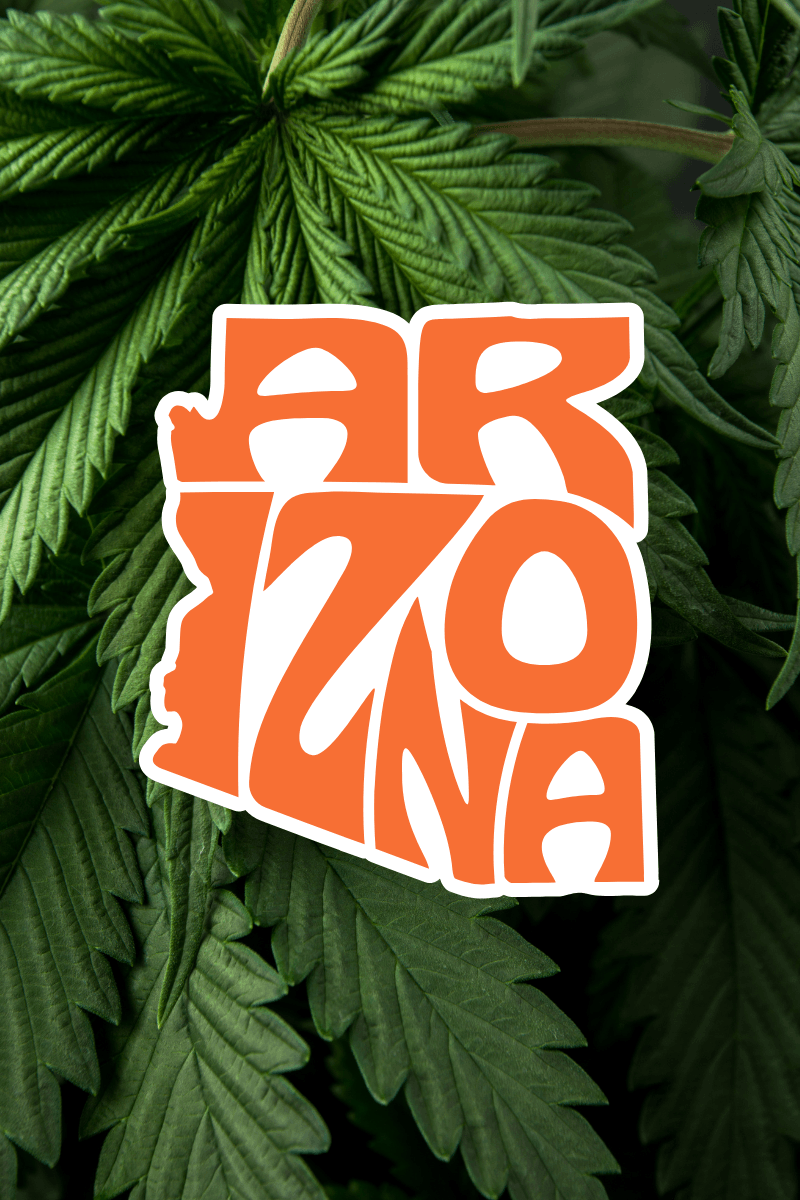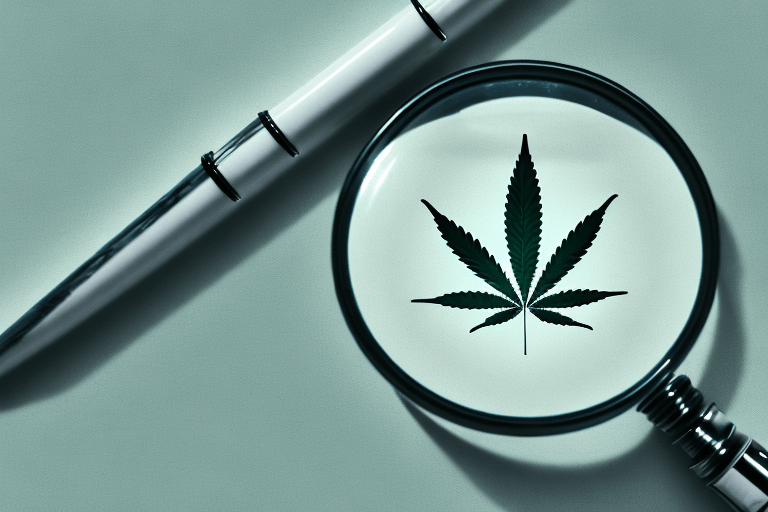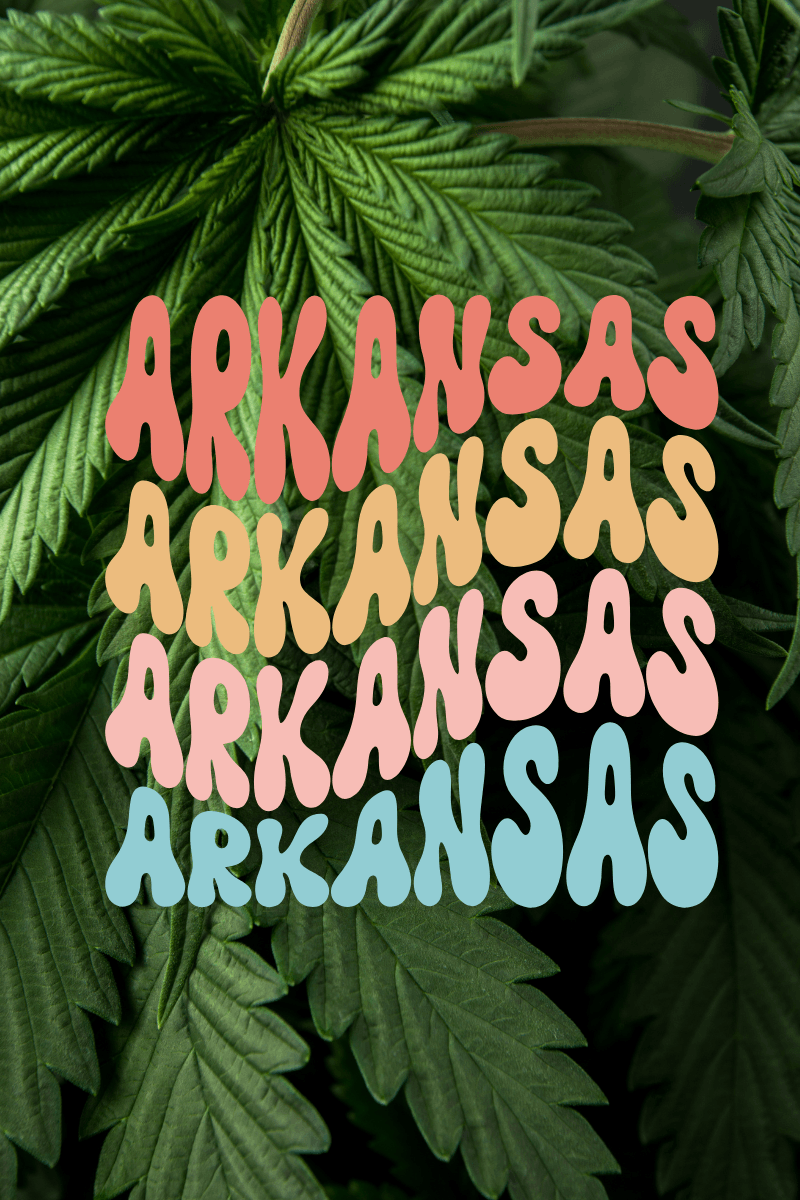The legality of Delta 8 THC, a compound derived from hemp, has been a topic of interest in various states across the United States.
In this article, we will get into the specific case of Arizona and explore the legal status of Delta 8 in the Grand Canyon State.
Table of Contents
Understanding Delta 8 and Its Uses
Before we discuss the legal aspects, let's first understand what Delta 8 is and the potential benefits it offers.
Delta 8, short for Delta-8-Tetrahydrocannabinol, is a cannabinoid found in cannabis plants. It has psychoactive properties, albeit milder compared to Delta 9, the primary psychoactive compound in cannabis.
What is Delta 8?
Delta 8 is chemically different from Delta 9 THC by only a few atomic bonds and shares similar effects, but with a less potent outcome. It is created through an oxidation process of Delta 9 THC, transforming it into Delta 8 THC. This process occurs naturally, but can also be facilitated in a lab environment.
Delta 8 THC interacts with the body's endocannabinoid system, just like Delta 9 THC. However, due to its slightly altered chemical structure, Delta 8 produces a milder psychoactive effect. This means that users may experience a more relaxed and less intense high compared to Delta 9 THC.
The Legal Status of Delta 8 in the United States
Understanding the legal framework surrounding Delta 8 at the federal level is crucial in comprehending Arizona's position on this substance.
Federal Laws Regarding Delta 8
From a federal perspective, the legal clarity surrounding Delta 8 is still evolving. The 2018 Farm Bill legalized hemp and its derivatives, including cannabinoids, as long as the final product contains no more than 0.3% Delta 9 THC on a dry weight basis.
This distinction was made to differentiate hemp from marijuana, which contains higher levels of Delta 9 THC and remains federally illegal.
However, it is important to note that the Farm Bill does not specifically address Delta 8 THC, leading to some ambiguity. This has resulted in debates and varying interpretations among legal experts and authorities.
Some argue that since Delta 8 THC is derived from hemp, it falls under the umbrella of the Farm Bill's provisions. Others contend that Delta 8 THC, despite being derived from hemp, is a synthetic cannabinoid and therefore not covered by the Farm Bill's protections.
As a result of this ambiguity, the federal legality of Delta 8 THC remains a topic of ongoing discussion and potential legislative action.
State-by-State Differences in Delta 8 Legislation
Despite federal legality, states hold the authority to define their own regulations concerning Delta 8. This has resulted in a patchwork of varying legislation across the country.
Some states have explicitly banned Delta 8, considering it to be a controlled substance akin to Delta 9 THC. These states argue that Delta 8 THC, regardless of its source, can have similar psychoactive effects and potential health risks as Delta 9 THC.
On the other hand, several states have chosen to permit the sale and use of Delta 8 THC under specific conditions. These conditions often include strict labeling requirements, age restrictions, and limitations on Delta 8 THC concentration in products.
It is important for consumers and businesses alike to be aware of the specific regulations in their state regarding Delta 8 THC. Failure to comply with state laws can result in legal consequences, including fines and penalties.
Given the evolving nature of Delta 8 legislation, it is advisable to stay informed about any updates or changes in both federal and state laws to ensure compliance and avoid potential legal issues.
The Specifics of Arizona's Stance on Delta 8
Now that we have a broader understanding of the legal landscape, let's get into Arizona's history with cannabis laws and the current legal status of Delta 8 within the state.
Arizona's History with Cannabis Laws
Arizona has experienced significant changes in its cannabis laws. In 2010, the state approved the medical use of cannabis through Proposition 203. This landmark legislation allowed individuals with qualifying medical conditions to obtain a medical marijuana card and access cannabis products from licensed dispensaries. The passing of Proposition 203 marked a turning point in Arizona's approach to cannabis, as it recognized the potential therapeutic benefits of the plant.
Subsequently, in 2020, Arizona voters approved Proposition 207, which legalized the recreational use of cannabis for adults aged 21 and older. This move was seen as a significant step forward in the state's acceptance of cannabis, aligning Arizona with other progressive states that have embraced the recreational use of the plant.
The passing of Proposition 207 not only allowed adults to possess and consume cannabis for personal use but also paved the way for the establishment of a regulated cannabis market.
Current Legal Status of Delta 8 in Arizona
As of now, Delta 8 THC is illegal in Arizona.
Weird, we know.
However, it is vital to remember that laws can change over time, so staying informed about any potential alterations to the state's regulations is essential. While Delta 8 THC is currently legal in Arizona, it is always prudent to keep an eye on legislative developments to ensure compliance with the law.
Implications of Delta 8 Legality in Arizona
The legalization of Delta 8 in Arizona carries various implications, affecting both consumers and local businesses within the state.
Moreover, the legalization of Delta 8 can have a positive effect on local businesses in Arizona. As the demand for Delta 8 products continues to rise, entrepreneurs have the opportunity to enter the growing Delta 8 market.
This not only allows them to tap into a new and potentially lucrative industry but also enables them to offer consumers diverse products that cater to their preferences and needs.
Local businesses can choose to specialize in Delta 8 products, creating a niche market that caters to the specific demands of consumers seeking the benefits of this compound. By doing so, they can establish themselves as leaders in the industry, attracting a loyal customer base and contributing to the overall economic growth of the state.
Future Predictions for Delta 8 in Arizona
Looking ahead, it is essential to consider potential changes in legislation and the role of public opinion in shaping Delta 8's future in Arizona.
Potential Changes in Legislation
Given the evolving nature of cannabis laws, Arizona may revisit its regulations surrounding Delta 8 THC. It is crucial for consumers, businesses, and advocates to actively follow any new legislation that could impact the availability and legality of Delta 8 within the state.
The Role of Public Opinion in Future Laws
Public opinion plays a significant role in shaping legislative decisions. As Delta 8 becomes more widely known and understood, public sentiment may influence lawmakers' attitudes towards the compound, potentially impacting future laws.
In conclusion, Delta 8 THC remains illegal in Arizona at the time of this article. However, it is crucial to monitor the ever-changing legal landscape to ensure compliance and stay informed regarding any forthcoming alterations. Whether you are a consumer or a business owner, keeping up to date with the legalities surrounding Delta 8 in Arizona is essential for a safe and successful experience.
Discover High-Quality Delta 8 Products at GreenPost
If you happen to be in a state where Delta 8 is legal, look no further than GreenPost. We pride ourselves on offering top-notch Delta 8 gummies, oils, flower and more, all sourced from high-quality hemp. Our products undergo stringent testing to ensure purity and potency.





Leave a comment
This site is protected by hCaptcha and the hCaptcha Privacy Policy and Terms of Service apply.